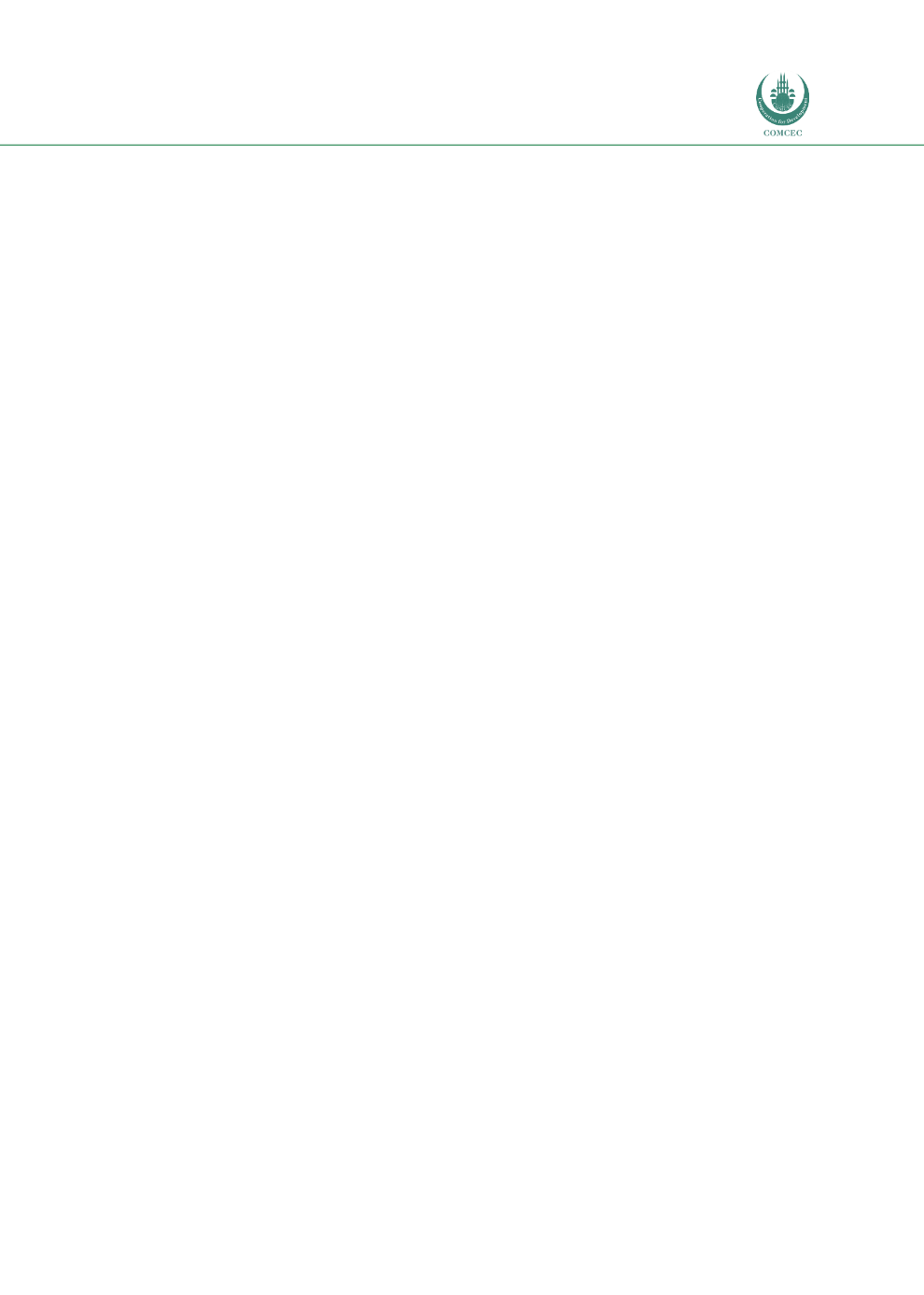

Islamic Fund Management
89
investors vis-à-vis the various funds available in the market. As at end-2017, overall individual
private mandates came up to RM9.67 billion (end-2016: RM8.36 billion).
Supply Side
Availability of a wide range of high-quality Islamic assets:
Various efforts have been taken
to build a sustainable supply of Shariah-compliant assets in order to match the demand within
the Islamic fund management industry. The pillars established under the CMP and CMP2 have
contributed to the development of Malaysia’s strong ICM, underpinned by a healthy pipeline of
public and private sukuk issuances, Shariah stocks and Islamic money market instruments,
among others.
Yield benchmarks to support appetites of various investors:
The diverse appetites of
various market players, e.g. financial institutions with their demand for short-term (less than
1-year maturity) and medium-term (up to 10-year maturity) papers, institutional investors
(with potential holding maturities of more than 10 years), have facilitated the development of
yield benchmarks that support price discovery.
4.2.5
Country-Specific Recommendations
Malaysia’s competitive advantage in its offering of ICM has been developed based on the
policies and recommendations proposed under the CMP and CMP2. The lessons learned from
the Asian financial crisis vis-à-vis bolstering the non-banking financial sector have been
deployed towards building a stronger eco-system for the country’s financial landscape,
including Islamic banking and the ICM. As a result of the concerted efforts of the GOM and
regulators (i.e. BNM and the SC), Malaysia has evolved into one of the world’s most advanced
and leading Islamic financial centres
. Figure 4.7 encapsulates the key milestones in Malaysia’s
journey:
















